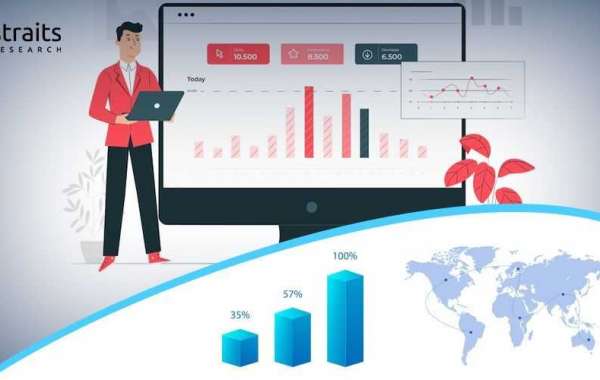Several factors contribute to making credit card processing smooth, ensuring a seamless and secure transaction experience for both merchants and customers. Here are key elements:
1. Fast Authorization:
- Quick authorization is essential for a smooth credit card transaction. Merchants and payment processors must efficiently communicate with the issuing bank to verify the authenticity of the transaction.
2. Secure Data Transmission:
- The transmission of sensitive cardholder information should be encrypted to prevent unauthorized access. Secure Socket Layer (SSL) and Transport Layer Security (TLS) protocols are commonly used to encrypt data during transmission.
3. Payment Gateway Integration:
- Integration with a reliable high-risk payment gateway is crucial. A payment gateway acts as an intermediary between the merchant and the payment processor, facilitating the flow of information and ensuring the transaction is processed securely.
4. Compatibility with Multiple Card Types:
- A smooth credit card processing system should be capable of accepting various card types, including major credit cards, debit cards, and international cards. This ensures flexibility for customers and broadens the merchant's customer base.
5. Fraud Prevention Measures:
- Implementing robust fraud prevention measures, such as Address Verification Service (AVS) and Card Verification Value (CVV) checks, adds an extra layer of security to credit card transactions.
6. User-Friendly Interface:
- Both online and in-person credit card processing systems should have a user-friendly interface. For online transactions, a clear and intuitive checkout process helps prevent user errors, while for in-person transactions, point-of-sale (POS) systems should be easy to navigate.
7. Mobile Optimization:
- With the increasing use of mobile devices for shopping and transactions, credit card payment processing systems need to be optimized for mobile platforms. This includes responsive design and seamless integration with mobile payment options.
8. Reliable Payment Processor:
- Choosing a reputable and reliable payment processor is crucial. The payment processor is responsible for handling the actual transaction, and a dependable processor ensures that transactions are processed smoothly and funds are transferred accurately.
9. Compliance with Industry Standards:
- Adhering to industry standards and regulations, such as Payment Card Industry Data Security Standard (PCI DSS), is essential. Compliance with these standards helps protect cardholder data and instills confidence in customers.
10. Real-Time Reporting and Analytics:
- Access to real-time reporting and analytics allows merchants to monitor transactions, identify trends, and respond promptly to any issues. This contributes to the overall efficiency of credit card processing.
11. Seamless Integration with Business Systems:
- Integration with other business systems, such as inventory management and customer relationship management (CRM) systems, enhances overall operational efficiency and ensures a seamless end-to-end process.
Overall, a combination of technology, security measures, user-friendly design, and adherence to industry standards contributes to the smooth processing of credit card transactions. Merchants should prioritize these elements to provide a positive and secure payment experience for their customers.










